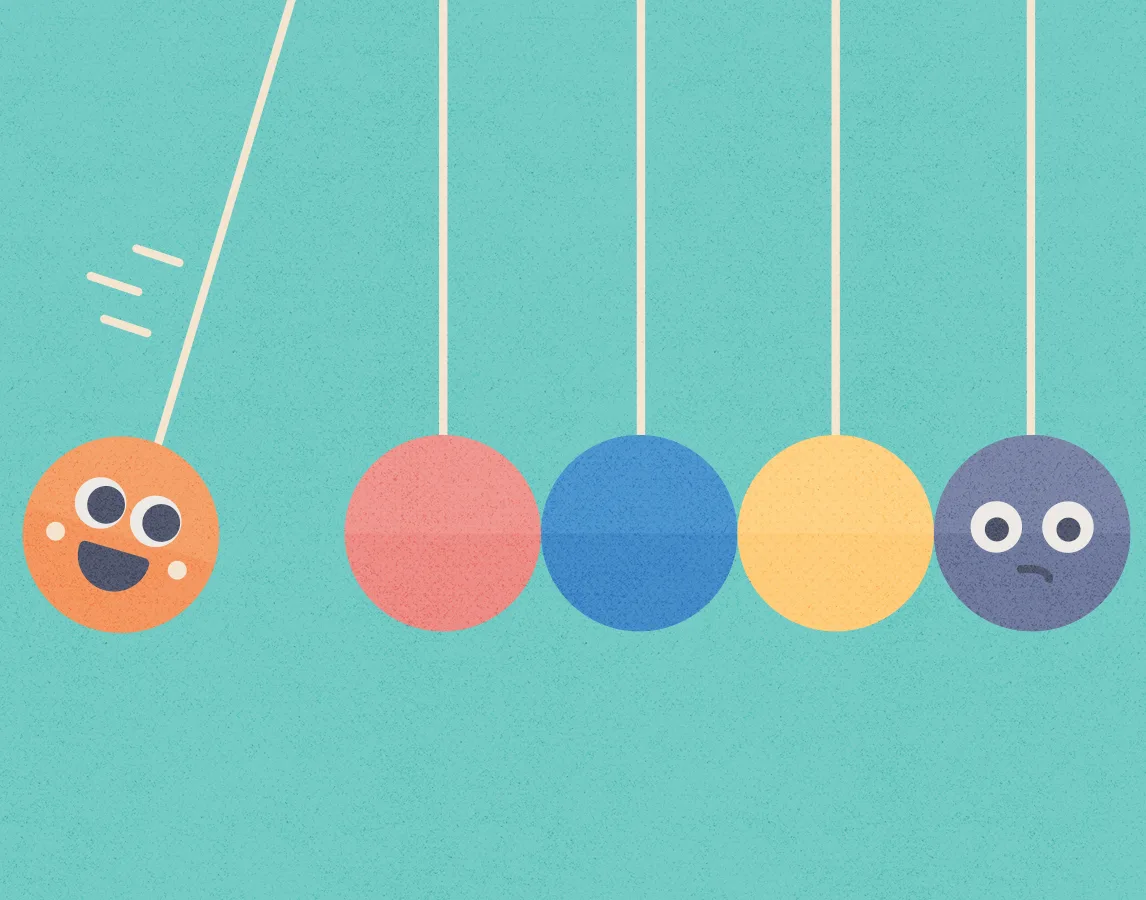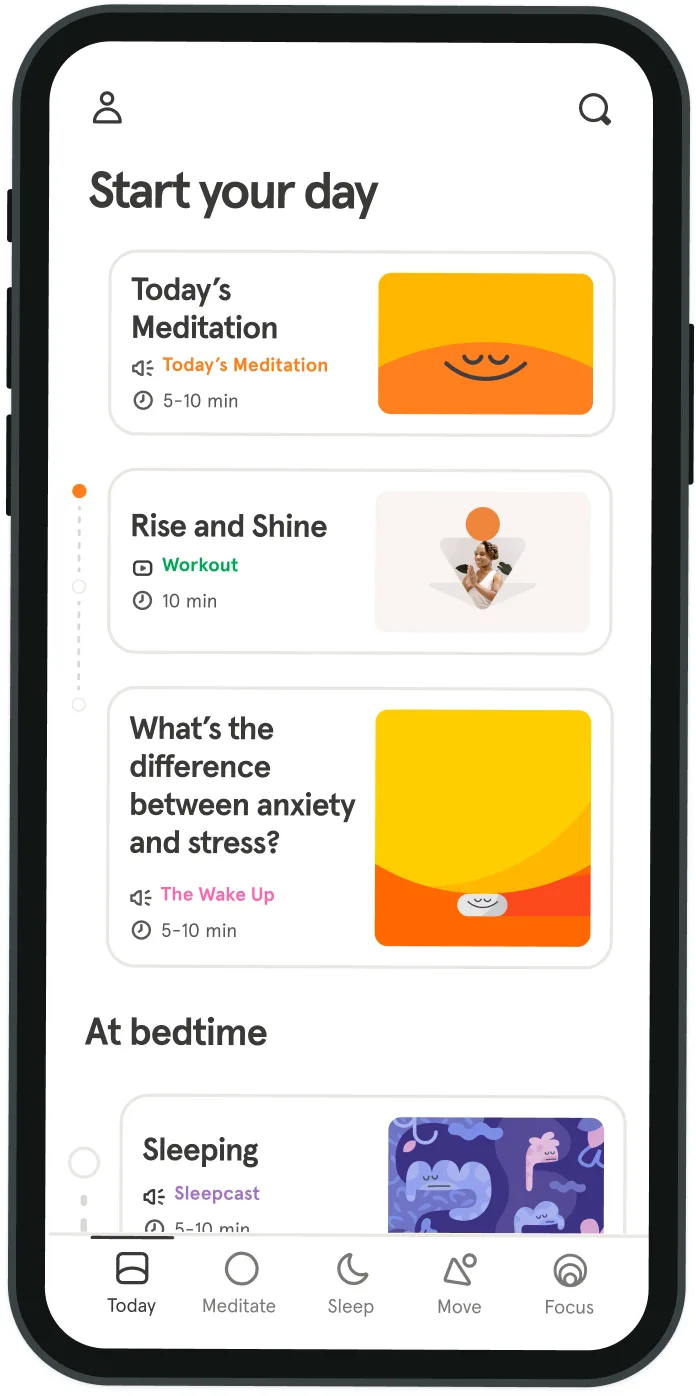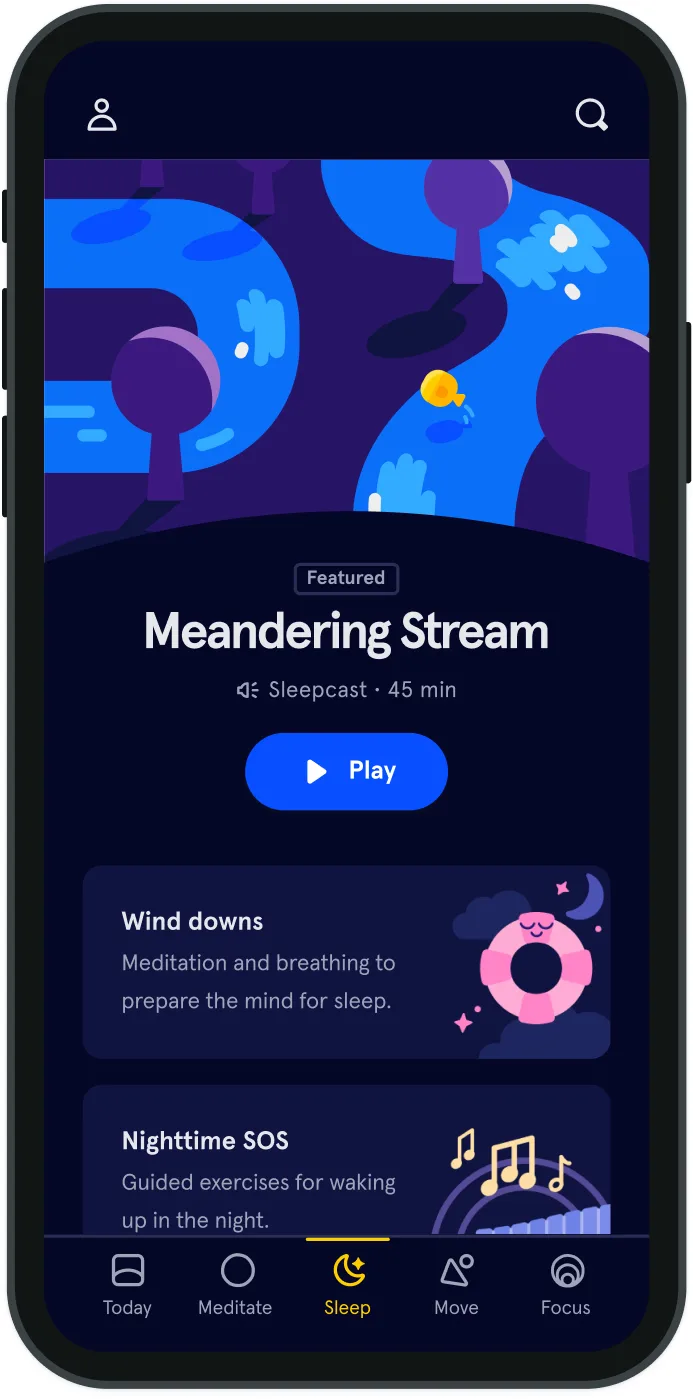Imagine it: I was waiting for a night bus, and suddenly all my conveniences melted away, leaving me with no option for an Uber to take me home, a FaceTime conversation to kill time, a Spotify playlist to soothe my agitation, or a Wikipedia ‘research’ binge to expand my impatient mind. I sat at the bus stop like Whistler’s Mother, staring vacantly into the night, my blood itching for some entertainment, some way to get me home quicker, some reprieve from the terrible burden of simply waiting for the 243 to Waterloo Bridge. And it dawned on me: waiting is boring. And inefficient. Which is why so many of our technological advances in recent years have focused on convenience; giving us a more immediate way of getting what we want, and chipping away at the time we spend doing it. Gotta get somewhere? Uber. Gotta talk to someone? FaceTime. Hungry? Deliveroo. Lonely? Tinder. Uninspired? Spotify, YouTube, Netflix, Pinterest… The list goes on. Technology is increasingly providing us the ability to fast-forward through the seemingly ‘boring’ parts of existing and turn our lives into slick highlight reels, with punchy editing and seamless transitions. We've made our world run a lot quicker, but is it really making us any more satisfied? It wouldn't appear so. Positive psychologists (the shrinks who look into the science behind what makes us happy, rather than the ways our parents ruined our lives), have used a term known as the "Hedonic Treadmill" since the '70s.
It wouldn't appear so. Positive psychologists (the shrinks who look into the science behind what makes us happy, rather than the ways our parents ruined our lives), have used a term known as the "Hedonic Treadmill" since the '70s. In short, it’s the notion that, once our basic needs are met, we constantly try to strive for greater levels of ‘happiness’ with consumption, acquisition, and an increased demand for ‘convenience’, maintaining the illusion that we’re working toward a greater level of contentment, even though we’re actually staying in the same place. Sounds tiring, right? Like a person on a never-ending treadmill, walking constantly just to stay in the same spot. Convenience doesn’t always equate with happiness. In fact, a University of Chicago study on the psychology behind consumer satisfaction found that the abundance of choice in Western consumer culture actually contributes to depression and anxiety. If you’ve ever stood in the supermarket staring hopelessly at ten different brands of porridge oats, feeling like you just want to drop your basket and run for the hills, you’ll agree that too much choice is overwhelming. We’re just animals, after all. Our prehistoric ancestors waited all winter to find a plum. And I bet they were damn happy when they ate it. The same goes for ‘convenience’. An abundance of choice—whether it’s ways to pass the time or ways to move through life more seamlessly—doesn’t necessarily make us any happier. During my dark night of the soul, stranded at the bus stop, with only my mind to keep me entertained, I realized I couldn’t remember the last time I made an arrangement to meet someone face to face, walked there, and waited for them to arrive without multi-tasking on my phone. Or listened to an entire album from start to finish. Cooked a meal. Wrote a letter. That might just be me, but I doubt it. Statistics showed that, in 2015, the average American spent 5.6 hours a day using internet apps. We're talking pre-Pokémon Go. And it's still almost half your waking life. Unless, like me, you stay awake into the small hours, staring at a screen like a hypnotized bullfrog—in which case it’s more. Needless to say, without 4G, the bus stop started to feel like a prison cell on a desert island, and in the end, I walked home. I started out frustrated. But as I took in the late night sights and sounds of London in early August, my mind gradually relaxed, and I was able to just be present. I even started whistling. (TLC's masterpiece “Creep”, in case you wondered.) And even though I hadn’t saved any time, I arrived home feeling like I’d made a better use of it than if everything had moved quicker. So convenience will get you home on time, keep you occupied, and sometimes make your inner fidgeter sit still. But it’s an illusion that it’ll really make you happy. Waiting doesn’t have to be boring. It’s those little moments between the big events, the lulls between the clamor, and those long walks home that make life unique, spontaneous and interesting.
In short, it’s the notion that, once our basic needs are met, we constantly try to strive for greater levels of ‘happiness’ with consumption, acquisition, and an increased demand for ‘convenience’, maintaining the illusion that we’re working toward a greater level of contentment, even though we’re actually staying in the same place. Sounds tiring, right? Like a person on a never-ending treadmill, walking constantly just to stay in the same spot. Convenience doesn’t always equate with happiness. In fact, a University of Chicago study on the psychology behind consumer satisfaction found that the abundance of choice in Western consumer culture actually contributes to depression and anxiety. If you’ve ever stood in the supermarket staring hopelessly at ten different brands of porridge oats, feeling like you just want to drop your basket and run for the hills, you’ll agree that too much choice is overwhelming. We’re just animals, after all. Our prehistoric ancestors waited all winter to find a plum. And I bet they were damn happy when they ate it. The same goes for ‘convenience’. An abundance of choice—whether it’s ways to pass the time or ways to move through life more seamlessly—doesn’t necessarily make us any happier. During my dark night of the soul, stranded at the bus stop, with only my mind to keep me entertained, I realized I couldn’t remember the last time I made an arrangement to meet someone face-to-face, walked there, and waited for them to arrive without multitasking on my phone. Or listened to an entire album from start to finish. Cooked a meal. Wrote a letter.
That might just be me, but I doubt it. Statistics show that, in 2015, the average American spent 5.6 hours a day using internet apps. We're talking pre-Pokémon Go. And it's still almost half your waking life. Unless, like me, you stay awake into the small hours, staring at a screen like a hypnotized bullfrog—in which case it’s more. Needless to say, without 4G, the bus stop started to feel like a prison cell on a desert island, and in the end, I walked home. I started out frustrated. But as I took in the late night sights and sounds of London in early August, my mind gradually relaxed, and I was able to just be present. I even started whistling. (TLC's masterpiece “Creep”, in case you wondered.) And even though I hadn’t saved any time, I arrived home feeling like I’d made a better use of it than if everything had moved quicker. So convenience will get you home on time, keep you occupied, and sometimes make your inner fidgeter sit still. But it’s an illusion that it’ll really make you happy. Waiting doesn’t have to be boring. It’s those little moments between the big events, the lulls between the clamor, and those long walks home that make life unique, spontaneous and interesting.

In 2015, the average American spent 5.6 hours a day using internet apps.
Ned Kelly


Be kind to your mind
- Access the full library of 500+ meditations on everything from stress, to resilience, to compassion
- Put your mind to bed with sleep sounds, music, and wind-down exercises
- Make mindfulness a part of your daily routine with tension-releasing workouts, relaxing yoga, Focus music playlists, and more
Meditation and mindfulness for any mind, any mood, any goal
- © 2024 Headspace Inc.
- Terms & conditions
- Privacy policy
- Consumer Health Data
- Your privacy choices
- CA Privacy Notice
